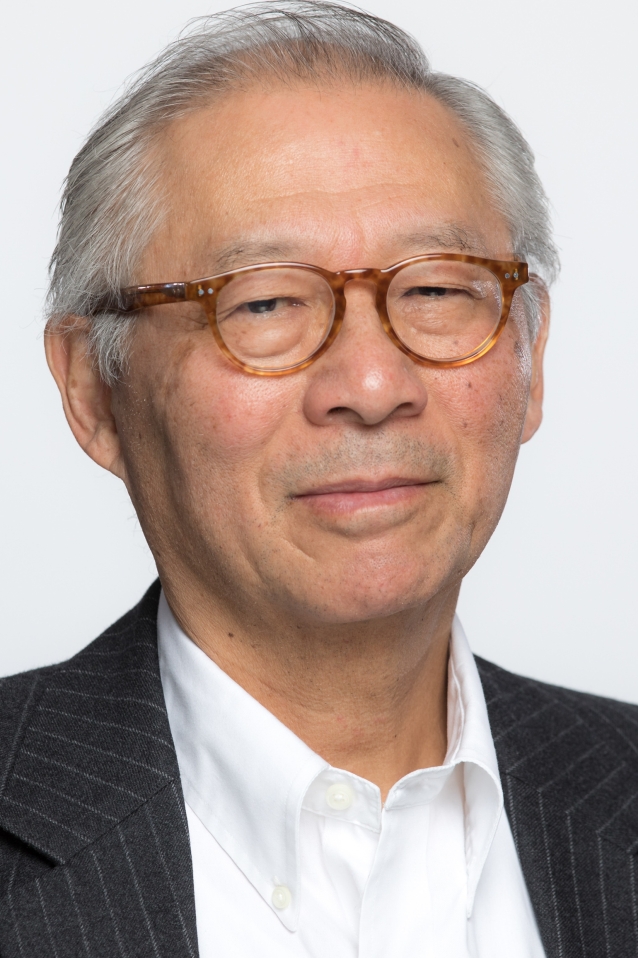Professor George Yip Book as a speaker/entertainer for your next event
Key Points for Professor George Yip
- Professor Yip was inducted in 2020 into the Thinkers50 Hall of Fame for the most distinguished management thinkers. Others include Peter Drucker and Michael Porter.
- Is the author of Total Global Strategy (1992 and 2012), published in ten languages, co-author of two books on China innovation (2016 and 2019) and co-author of book Strategic Transformation (2013).
- Has spoken at conferences held by Business Week, Far Eastern Economic Review, Forbes, Fortune, and World Economic Forum.
- Keynote speaker for Google, McKinsey, Microsoft, National Australia Bank, Nestlé, Nissan, Nokia, Philips, San Miguel, Singapore Airlines, Sony and many other top companies.
- His media appearances include BBC, CNN, China Global Television Network, etc.
Topics for Professor George Yip
- Strategic transformation
Most company strategies are based on what has been done in the past, especially if it was successful. They go through long periods of relative continuity during which established strategy changes, but only incrementally. What companies find really difficult is to make radical changes or strategic transformations that change the existing business model. Managers need to be able to:- Recognize when strategies need to be changed or transformed.
- Diagnose the organizational barriers to strategic change.
- Learn a framework for strategic transformation.
- Understand how to develop traditions for transformation (based on a study of the 20-year financial and strategic performance of 215 of the largest publicly listed British companies).
This talk will include the personal transformational experience of the speaker as Dean of the Rotterdam School of Management and as a leader of digital transformation to online learning at Imperial College Business School.
- Organizational intelligence for leaders
Leaders with emotional intelligence (EQ), high IQ, and deep business knowledge (BQ) may get to the top, but often they aren’t successful once they get there. What makes a leader successful at creating change in large, complex organizations?
In today’s ever more complex businesses, leaders seldom have the most business knowledge. Furthermore, in today’s technology driven businesses with many smart experts, leaders seldom have the highest IQ. They are likely to have high EQ, but leaders cannot rely on EQ to create change in large organizations as EQ mostly needs face-to-face interactions. So how do leaders at the top of large organizations make things happen?
Leaders need OQ. The essence of OQ is knowing how to get a large organisation to do what you want. I describe five OQ competences that effective senior leaders need: the ability to foster an ethos, an understanding of action strategy, a penchant for sending messages that reinforce the strategy, an understanding of the importance of rebelling from the top, and the ability to stage moments of theatre. - China innovation
While China has long had a reputation for imitation, Chinese companies are now starting to innovate. This talk explains what Chinese companies do and what non-Chinese companies can learn. - Internationalization strategies for companies from emerging economies
How to identify bases of competitive advantage and use innovation for going international. How to evolve over time the international strategy and organisation of the company. - Managing global customers
Multinational companies no longer buy on a country-by-country basis, but increasingly on a global basis. The talk provides a systematic framework for developing and implementing global customer management programs.
Testimonials for Professor George Yip
George is an outstanding speaker who has talked to top management groups and forums all over the world. In his talks, he brings a unique combination of his Asian background, British eloquence and humour, and American expertise (including having been one of Michael Porter’s first doctoral students at Harvard Business School). He also blends academic rigor with business pragmatism, and draws on many company examples.

